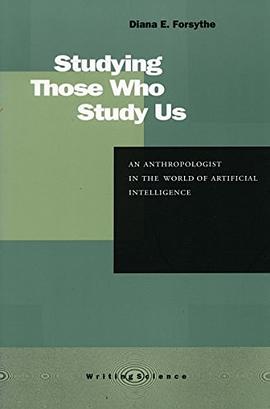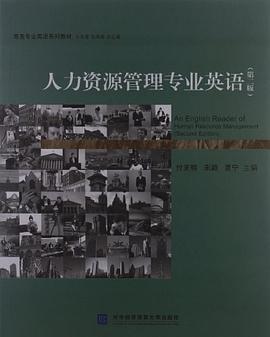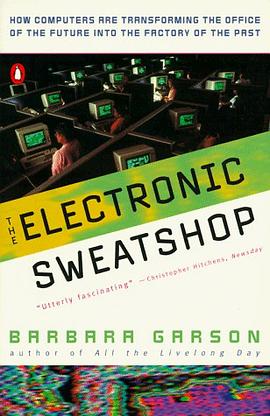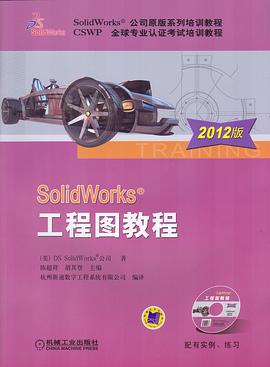

具體描述
Diana E. Forsythe was a leading anthropologist of science, technology, and work, and especially of the field of artificial intelligence. This volume collects her best-known essays, along with other major works that remained unpublished upon her death in 1997. The essays proceed as a series of developing variations on the key questions that still confront science and technology studies today. What assumptions do expert systems designers make about users, and about knowledge more broadly, when they build software? How should humans interact with computers, and how do they, really? Why do computing firms hire anthropologists to study human-computer interaction, and what do anthropologists find once they are hired? And how and why are traditional power asymmetries between men and women produced and maintained in engineering firms and laboratories? The book is not only a significant anthropological study of artificial intelligence and informatics, but is also an exemplar of how reflexive ethnography should be done. Among several pioneering strands of thought, it investigates the roles of gender and power in computer engineering, looking at the cultural mechanisms that support the persistent male domination of engineering, and analyzing the laboratory as a fictive kin group that reproduces gender asymmetries.
著者簡介
圖書目錄
讀後感
評分
評分
評分
評分
用戶評價
有關人工智能、科技、醫學領域的反身人類學研究選本。很值得看。
评分有關人工智能、科技、醫學領域的反身人類學研究選本。很值得看。
评分有關人工智能、科技、醫學領域的反身人類學研究選本。很值得看。
评分有關人工智能、科技、醫學領域的反身人類學研究選本。很值得看。
评分有關人工智能、科技、醫學領域的反身人類學研究選本。很值得看。
相關圖書
本站所有內容均為互聯網搜索引擎提供的公開搜索信息,本站不存儲任何數據與內容,任何內容與數據均與本站無關,如有需要請聯繫相關搜索引擎包括但不限於百度,google,bing,sogou 等
© 2025 book.quotespace.org All Rights Reserved. 小美書屋 版权所有




















